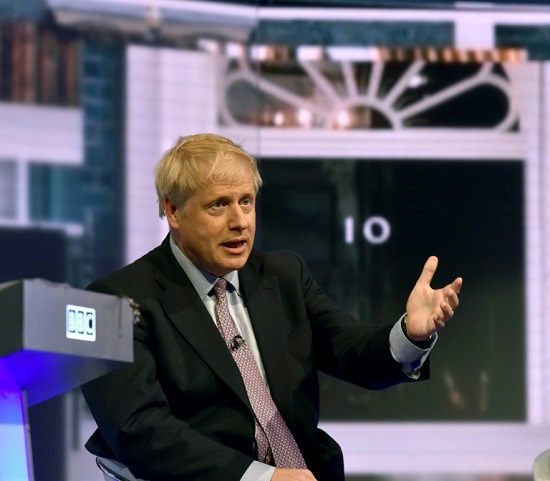This post has already been read 901 times!
Voters began heading to the polls on Thursday in two closely watched UK by-elections that risk renewing pressure on beleaguered Prime Minister Boris Johnson following months of scandals and setbacks.
Tiverton and Honiton’s MP Neil Parish quit after admitting to watching pornography on his phone in the House of Commons, while Wakefield’s Imran Ahmad Khan was jailed for sexually assaulting a teenage boy.
Polls opened at 7am (0600 GMT) and will close at 10pm (2100 GMT), with results expected in the early hours of Friday.
The votes come just weeks after Johnson narrowly survived an attempt by his own lawmakers to oust him as party leader and prime minister.
The June 6 vote among Conservative MPs saw more than 40 percent of the parliamentary party desert him, leaving him severely weakened and struggling to reset his turbulent tenure.
Johnson has spent months fighting for his survival after a series of controversies including the “Partygate” saga led many Tories to question whether he should remain as leader.
Even before the controversy erupted last December, the 58-year-old Brexit architect saw the loss of two once-safe seats in by-elections last year.
He then scored dismally in May’s local elections.
Defeat in the true blue Tory heartland of Tiverton and Honiton, and in Wakefield, which Johnson snatched in 2019 from the main opposition Labour party for the first time since the 1930s, could see his position challenged again.
‘Madness’
Parish, who described his actions as an indefensible moment of “total madness”, won a more than 24,000 majority in Tiverton and Honiton in 2019.
There, the small opposition Liberal Democrats are hopeful of picking up the seat in rural Devon after overturning similarly large majorities in two other historically safe Tory seats in 2021.
Wakefield, near Leeds, was one of dozens of so-called Labour “red wall” seats that Johnson took in 2019 on a promise to “get Brexit done” and address glaring regional economic inequalities.
But it could now flip back due in part to Johnson’s waning popularity.
“Anything is better than the Tory Party, as far as I’m concerned — especially Boris Johnson,” long-time Labour voter Stephen, a 61-year-old hospitality worker, told AFP this week.
‘Partygate’ and prices
The polls come with Britain gripped by 40-year highs in inflation and a cost-of-living crisis that has seen prices soar for everyday essential such as energy, petrol and food.
Strikes this week by railway workers — some of the biggest seen in Britain in decades — have added to the sense of crisis.
Some in Wakefield said they expected that to weigh as heavily on voters’ minds as the Downing Street parties saga.
“I think people will be affected by ‘Partygate’,” said David, a retired medical consultant.
“But I think the main thing we’re going to be affected by is being hit by the inflation and the rising cost of living from the point of view of heating, energy and the knock-on effect on food prices and transport.”
The contest there also comes with risks for Labour, which needs to secure seats like Wakefield if it is to win the next general election due by 2024.
Labour leader Keir Starmer, a sober-minded former lawyer who has been trying to rebuild the centre-left party after the shattering 2019 defeat, has been criticised for failing to connect with voters, particularly in its former heartlands.
Anything less than a convincing win in Wakefield is likely to be seized upon by his critics as further evidence of his inability to complete the rebuild and return the party to power after 12 years in opposition.



